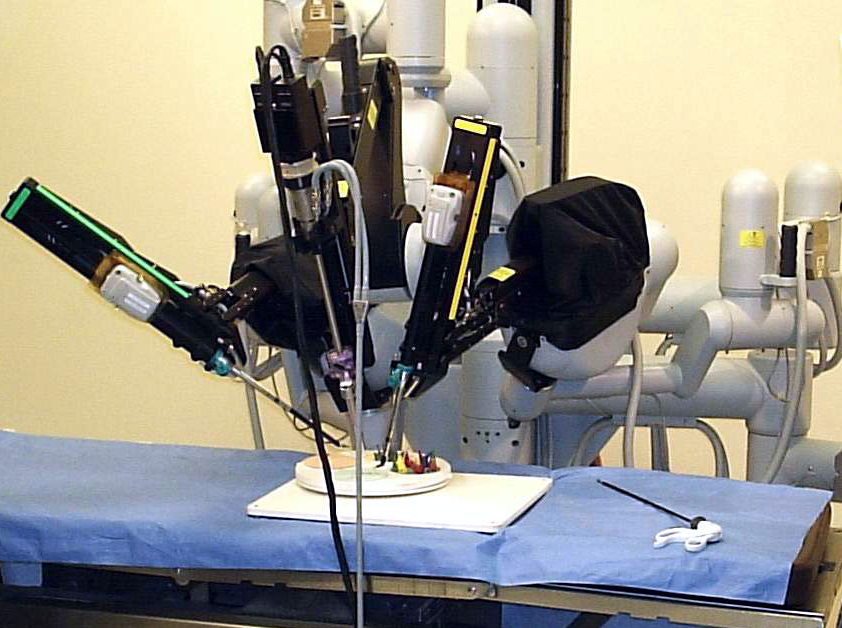

The medical community has long speculated about vitamin D’s role in preventing this widespread chronic condition in children. A groundbreaking Harvard study now brings us closer to making this vision a reality.
Harvard VDAART Study on Vitamin D3
The study, titled “Prenatal vitamin D supplementation to prevent childhood asthma: 15-year results from the Vitamin D Antenatal Asthma Reduction Trial (VDAART),” shines a hopeful light on the long-debated role of vitamin D in asthma prevention.
Conducted by researchers from Brigham and Women’s Hospital, Harvard Medical School, Boston, and Boston University, the study presents compelling evidence that prenatal vitamin D supplementation could significantly reduce a child’s risk of developing asthma.
These statistics are driving the discussion:
- A 20% reduction in asthma risk for children at age three when mothers were supplemented with 4,400 IU of vitamin D3 during pregnancy.
- Improved lung function in children whose mothers received the high-dose vitamin D.
The VDAART study, a double-blind, placebo-controlled trial, involved 435 pregnant women with a history of allergies or asthma. These women were randomly assigned to receive either a standard prenatal multivitamin with 400 IU of vitamin D or the same multivitamin with an additional 4,000 IU of vitamin D, starting between 10 and 18 weeks of gestation.
The results were clear: “Children of mothers in the high-dose vitamin D group had a 20% lower risk of asthma, lower serum IgE levels, and better lung function,” the researchers reported. This is a significant finding, considering that higher IgE levels are often seen in asthmatics.
Recommendations for Pregnant Women
In light of these findings, the researchers recommend that all pregnant women consider a daily intake of at least 4,400 IU vitamin D3 throughout their pregnancy, starting at the time of conception. They also call for a definitive trial to systematically test the effects of a higher dose of vitamin D.
Optimal Sources of Vitamin D for Pregnant Women
For those looking to incorporate a high-quality vitamin D supplement into their routine, Zest’s Vitamin D3 4000 IU offers an optimal dose that aligns with the researchers’ recommendations. Zest’s commitment to supporting bone, muscle, and immune system health through their vitamin D3 formulation echoes the study’s emphasis on the importance of this nutrient during pregnancy.
The Harvard study reveals that vitamin D significantly lowers the risk of childhood asthma. This finding is vital for expecting mothers, offering a straightforward way to promote better respiratory health in their children.
In conclusion, the Harvard study highlights the critical role of vitamin D in prenatal health and emphasizes the necessity of continued research in this area. While we delve deeper into the benefits of this sunshine vitamin, products like Zest’s Vitamin D3 4000 IU are available to assist families in achieving a healthier future.




